Racial Equity: South Africa and the United States
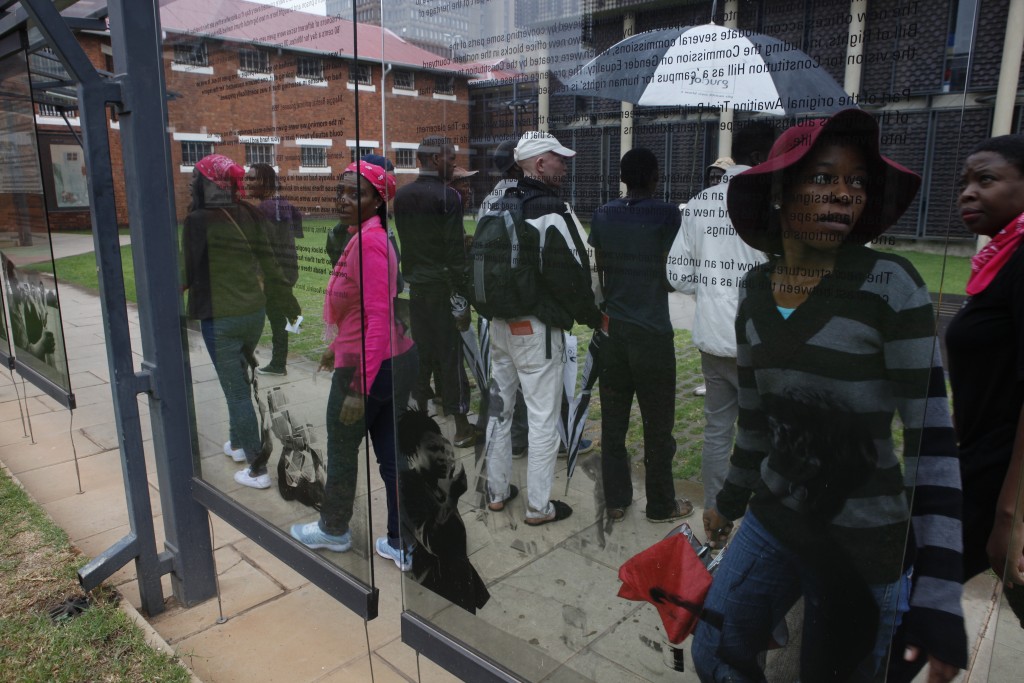
South Africa
Atlantic began its work in racial equity in the nascent years of post-Apartheid South Africa. In 1991, Atlantic’s Founding President, Harvey Dale, initiated grantmaking in the country, believing opportunity to be “engaged in a potentially game-changing period in a society emerging from Apartheid repression.” The earliest grants made focused on assisting aspiring young black South African attorneys get law degrees as well as clerkships on the new multiracial Constitutional Court. Later, we began our Delivering on Democracy programme, which focused on supporting activists working to ensure the country lived up to the rights and protections promised in the country’s 1996 Constitution. However, we realized that the memory of apartheid should not be erased, so we also supported work by archives and museum as they preserve and tell the history of the struggles to end apartheid.
Select Grantee Initiatives
- Among their strategic public-interest litigations to promote equity for rural populations, Legal Resources Centre successfully restored ancestral land confiscated by the colonial authorities from the Namaqua community in Richtersveld, Northern Cape.
- Since its formation in 2008, the social movement Equal Education has campaigned to erase the gaps in education that still remain decades after the end of apartheid. Through their efforts, the Regulations Relating to Minimum Uniform Norms and Standards for Public School Infrastructure law was passed in 2013.
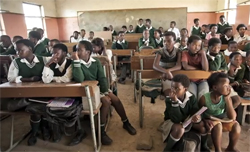
- The University of KwaZulu-Natal established the Centre for Civil Society, which aims to advance justice through teaching, research and publishing.
- In the early 2000s, the University of the Western Cape began to evolve into a leading South African university while simultaneously increasing admittance of students from oppressed backgrounds. Currently, it produces the largest amount of black scientists in the country.
- In 2004, on the site of two of Johannesburg’s most notorious apartheid-era prisons, Constitution Hill opened in order to educate on the history of South Africa’s journey to democracy. Significantly, it is also the site of South Africa’s Constitutional Court.
- The National Peace Accord Trust has worked in easing the often difficult reintegration into society of ex-combatants who had fought to end the country’s apartheid system.
News and Resources
- Equal Education Calls for South Africa’s Department of Education to Provide Minimum Norms and Standards for Schools (August 5, 2011)
- No Place by the Fire: The Story of South African Ex-Combatants and the National Peace Accord Trust (April 30, 2012)
- Striking the Rights Chord: Perspectives on Advancement from Human Rights Organisations (January 25, 2013)
- Public Interest Litigation and Social Change in South Africa: Strategies, Tactics and Lessons (October 21,2014)
- Brian O’Connell Visiting African Scholar Fund Will Introduce UWC Students to Black Scholars from Around the World (January 15, 2015)
- New $25m Fund for SA civil society groups working to advance constitutionalism (February 5, 2015)
- Memory Work: South Africa After Apartheid (July 20, 2015)
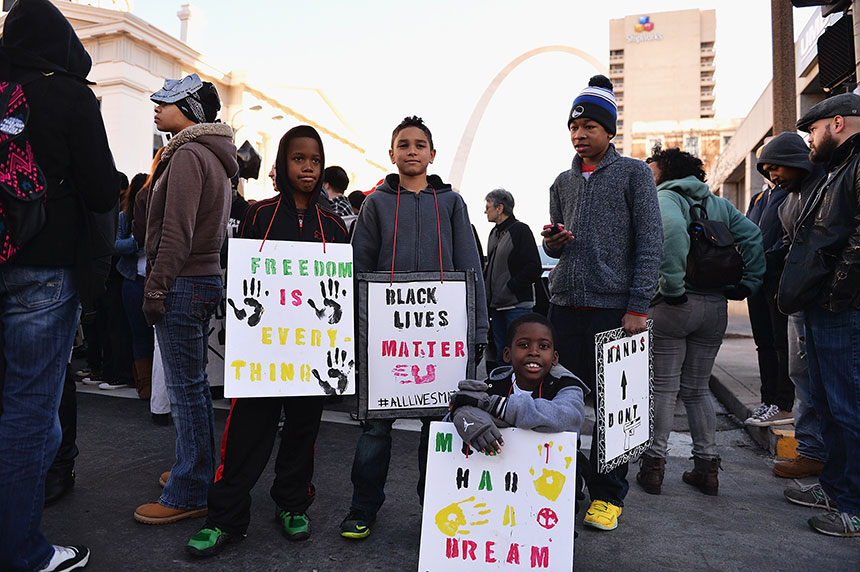
The United States
In 2010, inspired by our earlier work in racial equity in post-apartheid South Africa, Atlantic began focusing its grant-making in race and criminal justice reform within the United States. Closely related to this is Atlantic’s work in school disciplinary reform, which has largely affected students of color. To date, Atlantic has invested approximately $350 million towards dismantling barriers and increasing opportunities for communities of color in the US. Particular focus has been given on ending the school-to-prison pipeline, reforming the justice system, ending racial profiling, and expanding voters’ rights.
Select Grantee Initiatives
- The Center for Constitutional Rights and the New York Civil Liberties Union started a class action lawsuit that resulted in the end of the New York City Police Department (NYPD) stop-and-frisk practices in 2013.
- Tides Advocacy (formerly the Advocacy Fund), spearheaded the Safe Neighborhoods and Schools Act (Proposition 47), which was designed to reduce incarceration levels and penalties for non-violent low-level crimes was approved by California voters in 2014.
- In Communities United for Police Reform helped pass the Community Safety Act (CSA), which aimed at ending
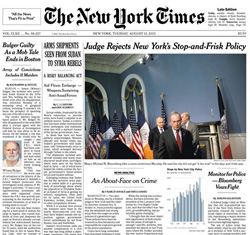 discriminatory policing by expanding New Yorkers’ ability to sue over racial profiling by the NYPD.
discriminatory policing by expanding New Yorkers’ ability to sue over racial profiling by the NYPD. - Dignity in Schools, CADRE, and Padres y Jovenes Unido, focused on ending zero tolerance policies in school discipline, which serves as the backbone of the school-to-prison-pipeline and disproportionately affects students of color.
- The Oakland Health Pathways Project (OHPP), a joint initiative of Oakland Unified School District, Alameda Health System, and Alameda County Health Care Services Agency aimed to improve educational and long-term employment outcomes for youth of color in Oakland, California, while diversifying the local health care workforce.
- The National Museum of African American History and Culture started Let’s Talk About Race in 2014, an educational program seeking to create a dialogue on race for Americans of all ages.
News and Resources
- It’s Time to End Zero Tolerance in Schools: A Call To Action (April 18, 2011)
- Stop and Frisk: The Human Impact (August 14, 2012)
- Stop, Question and Frisk Policing Practices in New York City: a Primer (September 17, 2013)
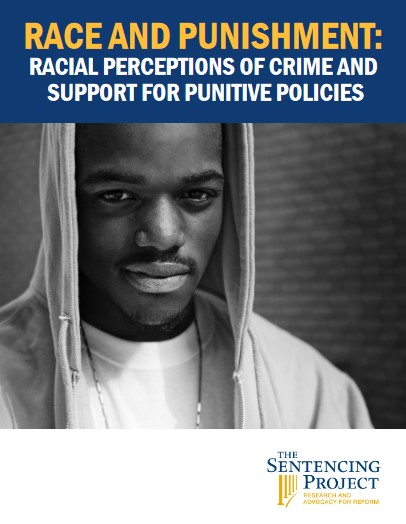
- Judge Rules NYPD Stop-and-Frisk Practices Unconstitutional, Racially Discriminatory (August 13, 2013)
- Atlantic Joins the White House and Leading Foundations to Expand Opportunities for Young Men of Color (February 27, 2014)
- Atlantic and Leading Foundations Recommend Collective Action to Advance Opportunity for Young Men of Color (June 5, 2014)
- Race and Punishment (September 9, 2014)
- Race and Prosecution in Manhattan (October 29, 2015)
- My Brother’s Keeper 2016 Progress Report (May 2, 2016)
- Why are some students subjected to harsher discipline than others? How can we fix this problem? (August 23, 2016)
- Monitoring Educational Equity (July 13, 2019)
- Activating Voters of Color: Power, Place and Participation (February 1, 2020)
- Advancing Equity and Opportunity in Community: Lessons from the Oakland Health Pathways Project (July 15, 2020)